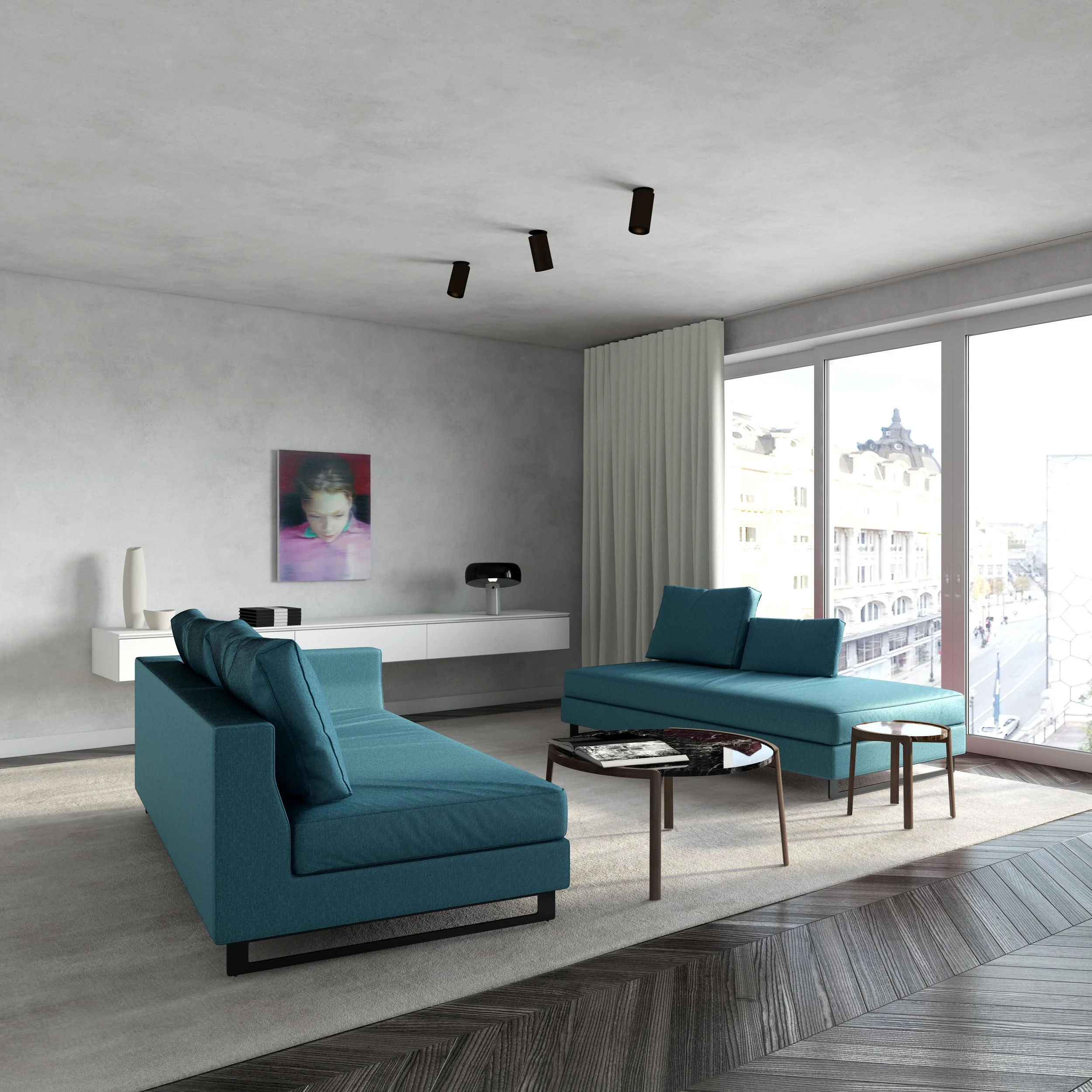Upholstery with a purpose: Why you should care about sustainable fabrics
The textile industry is increasingly focused on sustainability, offering eco-conscious fabric options for interior decor through holistic design strategies emphasising longevity, circularity, and dematerialisation.
In recent years, the textile industry has undergone a significant transformation towards sustainability. With increasing awareness about environmental issues and the pressing need for eco-conscious practices, sustainable fabrics have emerged as a beacon of hope.
Sustainable design adopts a holistic approach to creating objects and spaces that minimise negative environmental impact. Sustainable design strategies include designing for longevity, circularity (using recyclable materials) and dematerialisation (making products smaller and lighter in order to use fewer resources). These are among the big reasons why all of us should pay closer attention to the sustainable fabric options available for interior decor.
How you know your fabrics are sustainable
When it comes to home decor, incorporating fabrics with improved sustainability characteristics, such as those certified by organisations like OCS (Organic Content Standard) or GRS (Global Recycle Standard), can play a vital role in reducing our carbon footprint and preserving our planet.
“These certifications not only ensure the integrity of the materials but also contribute to a host of environmental benefits, making them indispensable in today’s world.”
The aim of the international Organic Content Standard is to increase the take up of organic agriculture and provide companies with a tool with which they can easily verify the organic nature of their products' constituents. Organic cotton is a type of fibre produced according to strict organic agricultural standards with no artificial chemicals or GMOs (genetically modified organisms).
The Global Recycled Standard (the GRS) stipulates that a product must have 20% recycled content before it can be certified as a business-to-business tool. If a company wants to list the GRS on their consumer-facing labelling, the product must contain at least 50% recycled content.
Why sustainable fabrics are important
Preservation of Natural Resources: One of the greatest advantages of opting for fabrics with sustainability certifications is the preservation of natural resources. Conventional textile production often involves the excessive use of water, energy, and chemicals, leading to environmental degradation. However, fabrics certified with OCS, GRS, or similar standards prioritise eco-friendly production methods. They minimise water consumption, reduce energy usage, and limit chemical inputs, thereby safeguarding precious natural resources for future generations.
Reduced carbon footprint: Organic fibres, such as organic cotton or hemp, are cultivated without toxic pesticides and synthetic fertilisers, promoting healthier ecosystems and protecting farmers from harmful chemicals. On the other hand, fabrics made from recycled materials like recycled polyester or upcycled fabrics reduce the demand for new raw materials, thereby decreasing energy consumption and greenhouse gas emissions associated with extraction and production processes.
Promotion of a circular economy: The concept of a circular economy, where resources are reused, recycled, and regenerated, lies at the heart of sustainability. Fabrics with certifications like GRS embody this principle by incorporating recycled materials into their production. By diverting textile waste from landfills and giving it a new life, these fabrics contribute to the circularity of the textile industry, closing the loop on resource consumption and waste generation. Moreover, the promotion of a circular economy fosters innovation, stimulates job creation, and cultivates a more resilient and sustainable economy overall.
Why Home Fabrics supports sustainable fabrics
For us a company, sustainability and sustainable design are part of our focus for now and the future. We want to be part of a world and an industry that actively contributes to the preservation of our natural resources and reduces waste. This means we want to offer our customers more sustainable product options as well to meet the eco-conscious requirements of interior decor.
Not only do the eco-conscious fabrics we offer bring great value to designs, but they also bring beneficial qualities such as easy care, durability, and light and noise control, depending on the product.
“As more consumers ask for sustainable products, we are able to step up and heed that call, giving them choices that are internationally certified for peace of mind.”
















